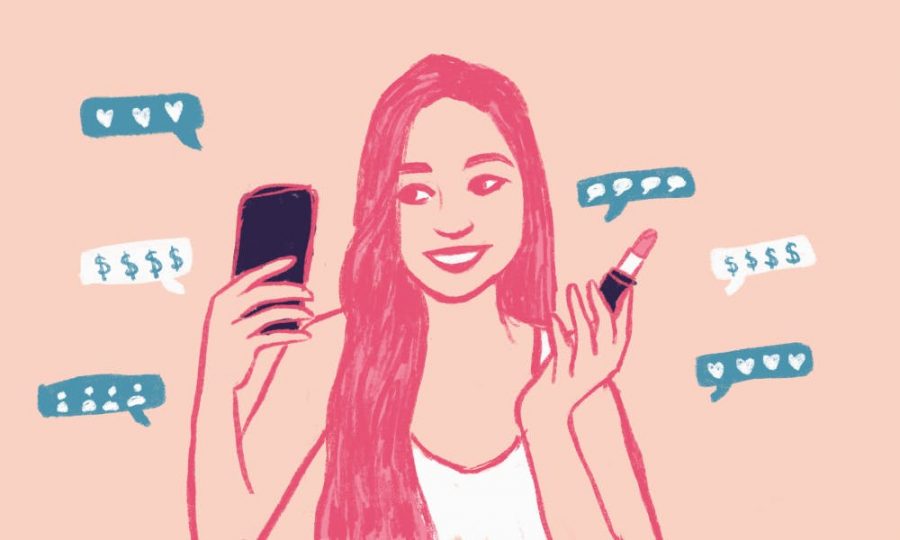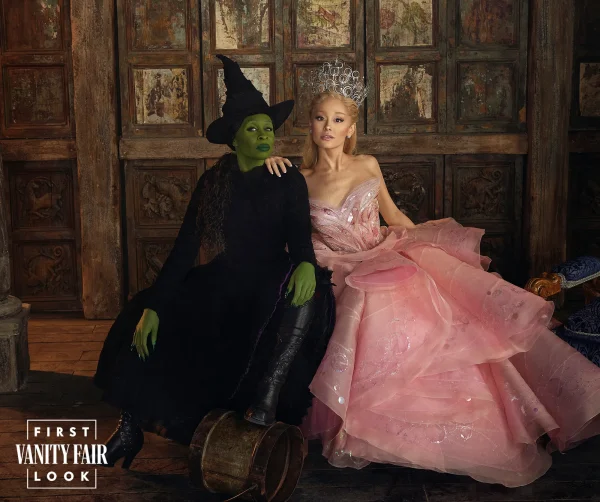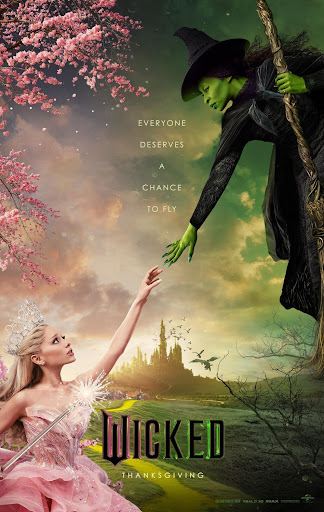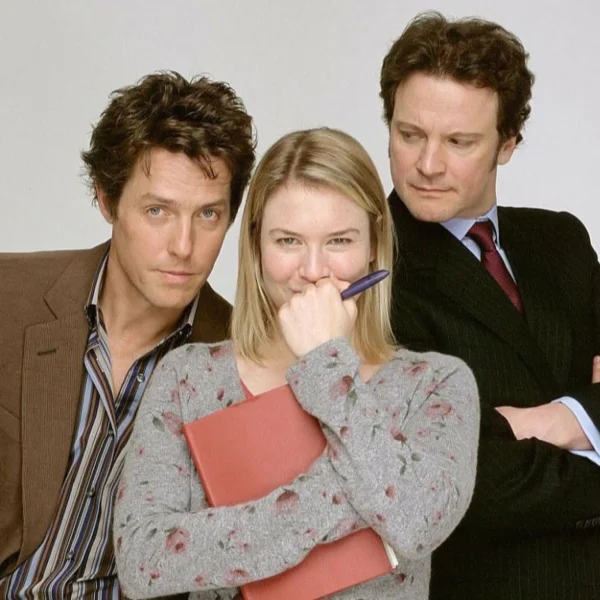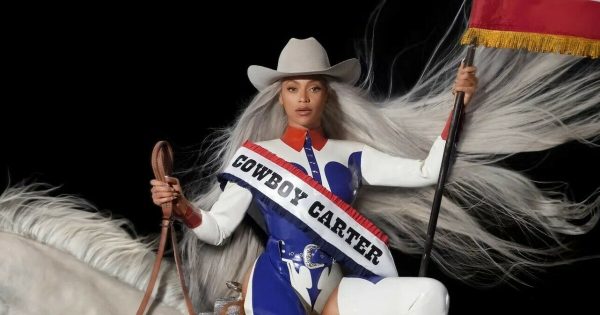Social Media and Self Image
November 23, 2020
In this day and age, you’ll have a hard time finding a teenager who doesn’t have a smartphone loaded with a wide variety of social media apps. The most common are Instagram, Snapchat, TikTok, Youtube, VSCO, etc. and all of them give users the unique opportunity to share photos of themselves, friends, family, and interests. Social media is a more modern version of communication that most have fallen in love with. This is certainly understandable because social media apps can often provide insightful tips, offer a broad range of support, and can help connect people. However, within the great wide world that is social media, many can find themselves trapped in the vicious cycle known as self-comparison.
Our self-image stems from the thoughts we have about ourselves in all aspects. This is an important part of psychological development for teenagers in particular, as our brains are in their most active stage of mental development until they reach about twenty-five years old. Now, coming from a teenager myself, I feel that most of our self-esteem is founded on our own self-perspective in how we look, act, and think. In essence, the crux of our self-esteem is embedded in how much we feel we are worth. Statistically speaking, teenagers are the age group with the lowest overall self-esteem over every other age group. According to dosomething.org, 44% of teen girls and 15% of teen boys are currently trying to lose weight to improve self-image, 75% of all teen girls report that they partake in self-harming habits stemming from lack of self-esteem, and 70% of all teens avoid normal daily activities (such as going to school) when they feel particularly bad about themselves. Low self-esteem about one’s image can come from a multitude of places and can be shaped by varying factors, but how does the use of social media apps play into this?
In recent years, many users on these social media platforms have gained a fairly large following due to the content they produce. These individuals are often referred to as “Influencers” which, according to Wikipedia, is essentially a social media marketing scheme involving endorsements and product placement from people and organizations who have a purported expert level of knowledge or social influence in their field. Although some of these “influencers” and businesses offer great opportunities and insight to followers, others may be promoting something more negative. These negative advertisements boasted through social media originate in various and sneaky ways which may be affecting our self-image in ways we might not even be noticing.
The most notorious way social media can skew our self-image is through diet, fitness, and visual image, that may lead to us questioning our own looks. Social media is littered with plenty of celebrities, models, and influencers all of whom fit society’s beauty standards in terms of physical attraction. Seeing so many influencers with abs, skinny waists, perfect curves, and general great figures can often lead to the average person feeling a bit self-conscious. Even facially, influencers with beautiful hair, full lips, long eyelashes, sharp jawlines, and flawless skin can easily intimidate and imprint on the young impressionable minds of teens everywhere. What you’re probably wondering is, how does this all work? How do people with great physical looks directly lead to people feeling inherently worse about themselves? Well, it’s more complex than you might think.
Self-worth is based on a lot of factors and is shaped by society’s conventional beauty standards. However, with the way social media apps are built, it is super easy for anyone to fall victim to its perpetuated lies that can lead them down a road to self loathe. First off, prominent apps like Instagram, Snapchat, and TikTok, do not require users to indicate if they have physically altered their digital image. Sure, the average social media user has probably altered their uploaded photos by using filters or other editing apps to cover insecurities they may have. However, where things start becoming more skewed is when users with large followings begin to drastically alter their images while perpetuating the idea that they look that way naturally. While there is nothing wrong with having great skin, being naturally skinny, physically fit, amazing face structure, or a great physique, it becomes one when users with large followings begin altering their images to unrealistic standards and boast that they achieved their look naturally. This is so incredibly problematic because it tells young girls and boys everywhere that they can get that fit, skinny, or “beautiful” naturally when in reality it can pose health risks. However, the true problem lies deeper within us, as our self-perspective is manipulated into thinking that if we just eat a little less, or work out a little harder that we will be able to achieve these beauty standards and that our lives will be “perfect”. This ultimately leads many down the dangerous road of developing unsafe eating habits or exercise addictions. Statistics have shown that 75% of all girls with low self-esteem partake in self-destructive activities, one of which being disordered eating patterns, and more than 40% of all teenage boys resort to extreme exercise with the only intent being to increase muscle mass (6% have even admitted to dabbling with steroids to increase their physical physique).
Users also need to watch out for the growing markets and paid partnerships on these websites as they look to generate greater revenue. Think back to how many times you’ve noticed an ad pop up on a platform like Instagram, Snapchat, Facebook, Youtube, TikTok. If not direct ads, do you remember any of your fav celebs/influencers partnering with a brand? Do you remember what the ad was for? Well, although some ads may be genuinely intriguing, they can also be harmful in what they are promoting. For instance, some celebrities, such as Kim Kardashian, have gotten themselves in a bit of trouble with their paid partnerships. Back in 2018, Kim Kardashian proudly posted a photo of herself sucking on a self-proclaimed “appetite suppression lollipop” that was essentially low-calorie sweetener supplemented diet food that was meant to curve someone’s hunger to avoid consuming more calories. It took Instagram over a year to finally sensor this image and to get the caption changed. Though Instagram’s guidelines permit the advertising of products, it does not regulate what items can be sold as strictly. This becomes a problem when celebrities with millions of followers, many of who are adolescents, are promoting unsafe diet culture products to fans. Other examples of this have included the promotion of unsafe protein powders/supplements and “Flat Tummy Tea” that essentially have laxative and stimulus effects on the body. When we advertise that the best way to lose weight, get in shape, or look “perfect” to followers, especially the young and more impressionable ones, is to use copious diet products we essentially put forth the idea that our self-worth is dependent on what we eat.
Furthermore, because apps like TikTok, Instagram, Facebook, and Youtube have such large platforms it is hard for them to monitor what is being posted in the context of the content. Recently, social media apps have reported an increased influx in the posting of “fitspo” and “thinspo” which are essentially images of either physically fit or thin bodies people use for motivation. Not only is this extremely harmful and damaging to one’s self-esteem, but it can also lead to the development of eating disorders, body dysmorphia, or exercise addiction. However, do keep in mind that there’s a difference between being naturally thin/fit and then just showing off one’s body as a way to motivate others to look like them.
The big question to this growing problem is how can we still use social media in a way that is fun and safe, but doesn’t inherently damage our self-image? Well, there are plenty of preventative measures that can be taken to ensure you are seeing a limited amount of this content which can be directed through who you follow, accounts you interact with, and content you deliberately block. However, because social media is such a vast and broad platform, there is no way you will ever be able to limit this content completely, so what should you do? When it comes to your feeling of self-worth, there is no follow or block button that can shield you from having negative thoughts about yourself. It is important to keep in mind that there will be times where you feel great about yourself and other times where you may feel pretty bad. There will never be a way to control or limit what you feel your self worth is because similar to beauty, worthiness is in the eye of the beholder. However, there are a few things you should always keep in mind:
- Health is NOT defined by weight or how someone looks. Fitness, weight, and overall health is such a deep and complex system that varies so greatly because it is different for everyone. Height, genetics, and metabolism play a big role and how your body is constructed, therefore, there is no one clear cut definition of health, despite what some of your favorite influencers may say.
- Everybody gets acne! 8 in every 10 teens across the world get acne as we go through puberty. You are not alone, because everyone who has pores gets them dirty/gets pimples.
- Nobody on any social media looks like their picture. This is probably the most overused idea, but it’s important to note how angles, light, position, and photoshop all work in tandem to skew the actual margins of an image to create false illusions about how someone may truly look.
- Everyone’s body needs different things and there are no “good” and “bad” foods. First of all, depending on the level of activity, height, genetics, and other medical conditions everyone needs to eat specific amounts of different things. Secondly, despite what some accounts may promote, there is no such thing as eating good and bad, all food is fine in moderation.
The most important thing to remember is that your self worth never has, and never will be, defined by how you look. You will never be more worthy as a human being just because you are thinner, more fit, curvy, have perfect skin, etc. Self-worth stems from how loving, kind, caring, and accepting you are to yourself. It perfectly encapsulates how authentic you remain to yourself despite what society or others may say and think. Self-worth will always be one thing we have total control over, so make sure you think wisely and kindly when evaluating yours.


